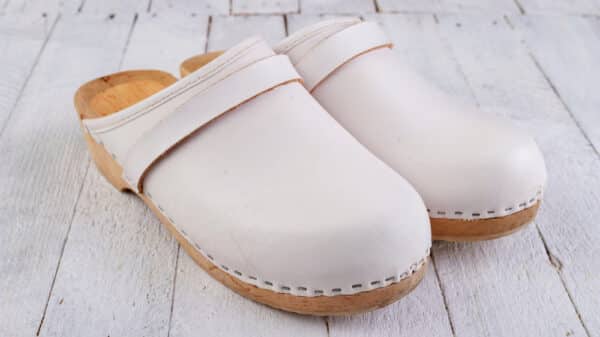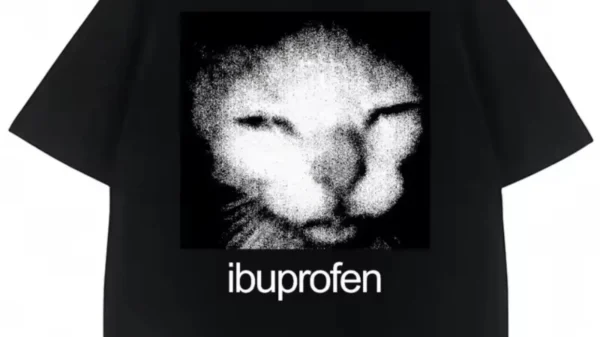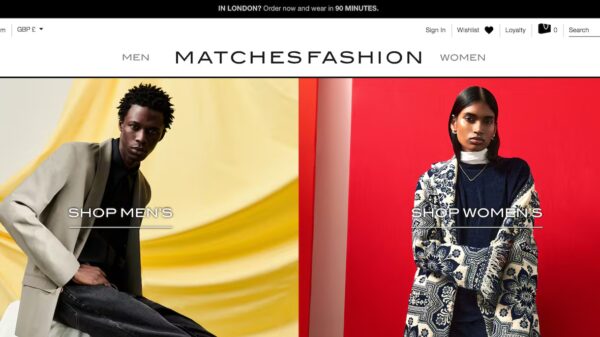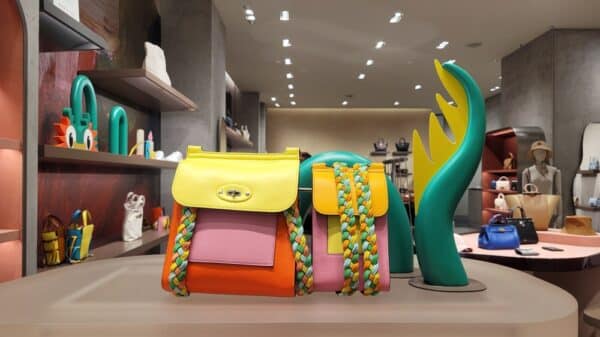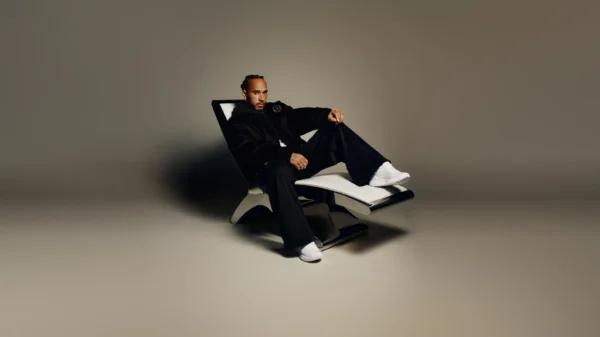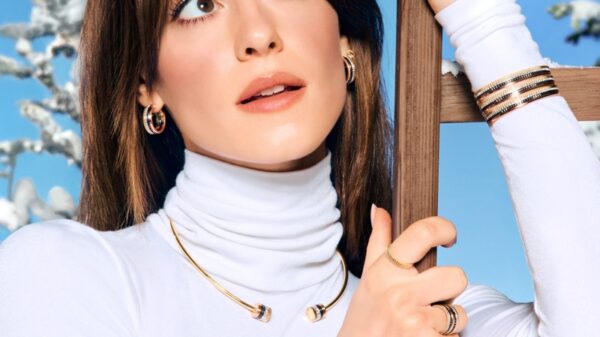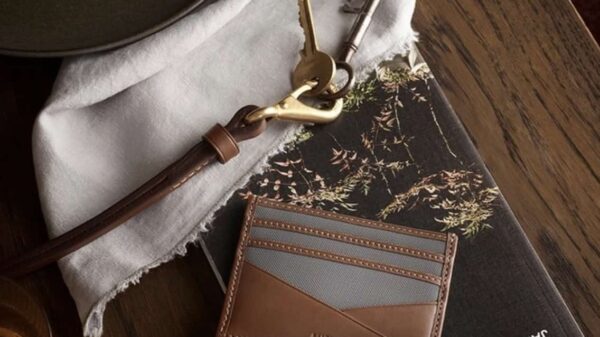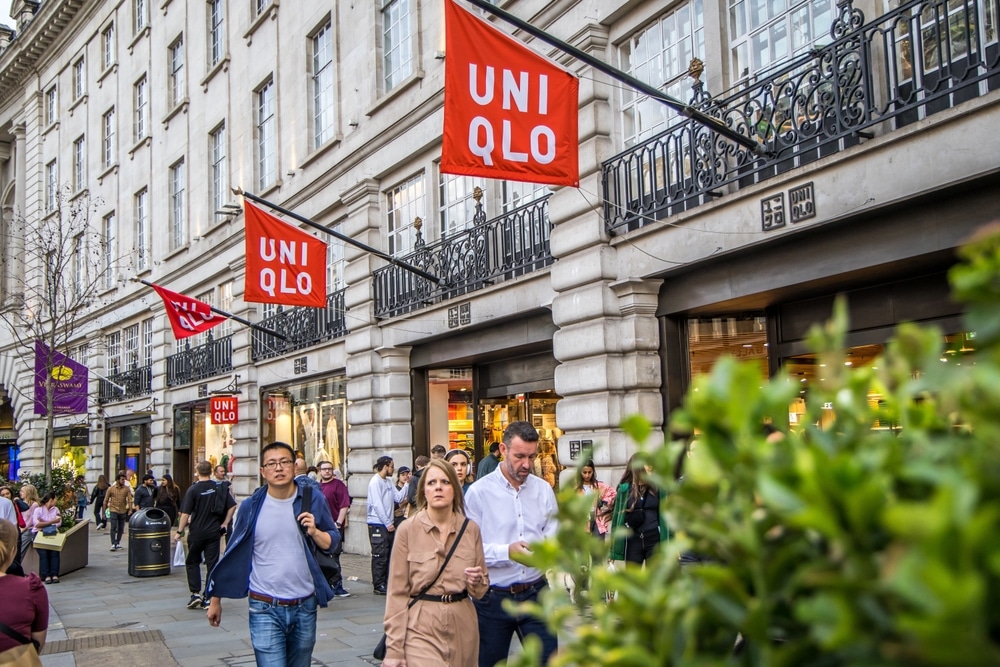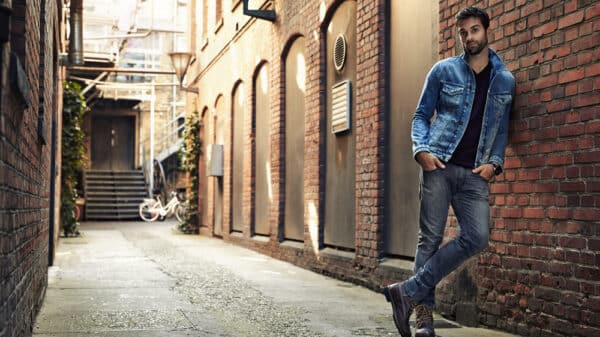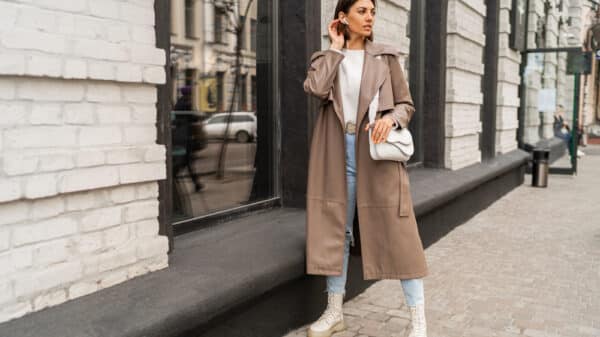Japanese fashion brand Uniqlo is navigating a fascinating moment in global retail—where strong sales don’t necessarily mean bigger profits. In its latest quarterly report, the company revealed a 9.7% drop in profits, totaling approximately £530 million (¥105.5 billion) for the three months ending in May. Yet, this dip came alongside a 7.7% surge in sales to ¥826 billion, signaling a deeper shift in consumer behavior and the broader apparel industry.
Profits Fall, But the Forecast Is Bright
Despite the drop in profitability, Uniqlo’s parent company, Fast Retailing, remains confident about its trajectory. The group is forecasting a record-breaking fiscal year, expecting net profits to reach £2.06 billion (¥410 billion)—a 10% increase over last year.
What’s fueling this optimism? According to company leadership, it’s a combination of strategic agility and an early-season heatwave that’s pushing consumers to shop for summer apparel earlier than ever before.
Insight: The timing of consumer purchases is increasingly climate-driven. Brands like Uniqlo that read and respond to these shifts quickly are better positioned to gain a competitive edge—not just in sales, but in long-term relevance.
Beating the Heat: Fashion That Feels Like Function
To meet growing demand, Uniqlo has expanded its focus on year-round essentials and temperature-responsive fashion. This includes innovative lines made with breathable materials like AIRism, UV-blocking fabrics, and garments designed specifically for heat mitigation.
Fast Retailing CFO Takeshi Okazaki emphasized the importance of this pivot during a recent earnings call:
“Demand for summer items is rapidly increasing—core T-shirts, UV-related products, bra tops, AIRism inner layers… This trend seems to be global.”
Uniqlo’s strategy to hold larger inventories of perennial basics—as opposed to chasing seasonal micro-trends—demonstrates a deliberate response to global climate patterns and lifestyle changes. In a world where scorching summers now start in spring, fashion that prioritizes comfort is no longer optional—it’s essential.
Global Growth vs. Regional Challenges
Uniqlo continues to see strong performance in Japan and key overseas markets, but not without challenges. The brand’s operations in China—a vital yet volatile market for most global retailers—remain complex. While exact details weren’t disclosed, navigating political, economic, and consumer sentiment issues in China will be critical to Uniqlo’s long-term success.
Clothing as Climate Armor
Today, clothes do more than cover—they protect, cool, and adapt. Uniqlo’s evolution illustrates a broader truth: the most successful fashion brands are becoming climate-conscious utility providers. From sun-shielding T-shirts to tech-infused layers that regulate body temperature, modern fashion is blending style with purpose.
Editor’s Take: This isn’t just smart merchandising—it’s cultural foresight. As climate unpredictability becomes the norm, retailers who design for adaptability will not only sell more, they’ll lead the conversation around sustainable and smart fashion.
Final Thoughts: Fashion’s Forecast Is Functional
Uniqlo’s current financial results may paint a mixed picture, but its forward-looking approach speaks volumes. By recognizing that shoppers are no longer dressing just for fashion—but for comfort, performance, and climate resilience—the brand is laying a blueprint for retail success in a changing world.
The message is clear: understand your customers, anticipate their needs, and don’t wait for the weather to shift to adapt. For Uniqlo, the future may be hotter, but it’s also looking promising.
Image Source: Mareks Perkons / Shutterstock


